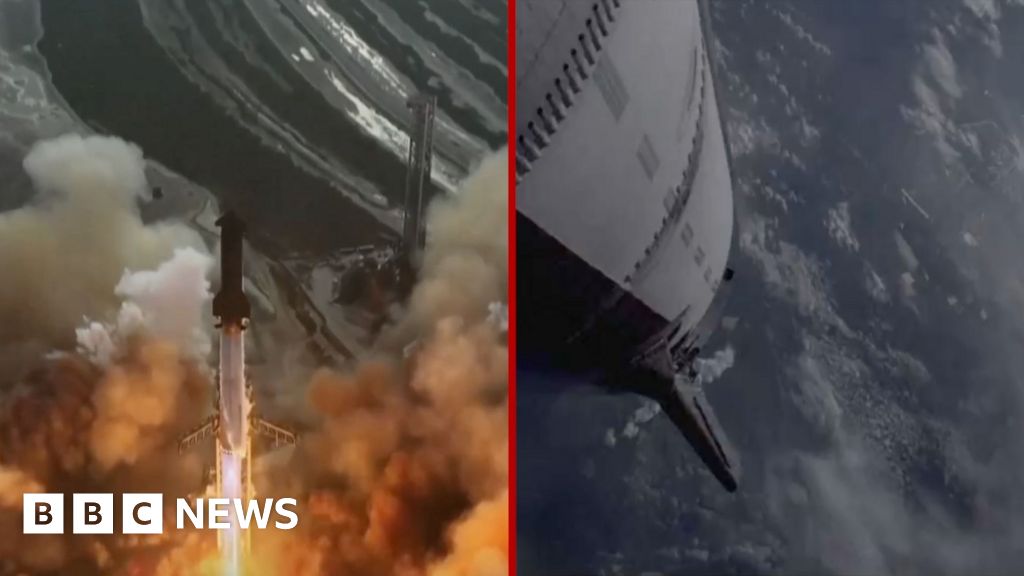Elon Musk's Department of Government Efficiency (Doge) has made headlines for its extraordinary claims about saving the U.S. government more than $10 billion per week since its inception during Donald Trump’s presidency. Musk purported that these savings could exceed $200 billion rapidly. However, a deeper look into these figures by BBC Verify has unveiled significant doubts regarding the veracity of Doge's reported savings and methodologies.
With a current federal budget of approximately $6.75 trillion, Musk initially targeted a massive $2 trillion cut but later revised this estimate to a more practical $150 billion by 2026, with his agency publishing an impressive total of $160 billion on its official website as of late April. Notably, less than 40% of these claimed savings are substantiated by detailed documentation.
Examining the most cited savings, BBC Verify revealed inconsistencies and potential overstatements in Doge’s claims. For example, Doge's largest cited saving of $2.9 billion from a canceled contract to house unaccompanied migrant children in Texas relied on a speculative total contract value rather than actual incurred costs, with knowledgeable sources estimating real savings closer to $153 million.
The agency's second-largest claimed saving of $1.9 billion, linked to the IRS's contract with Centennial Technologies, raised further questions. The contract was listed as having no expenditure recorded, prompting concerns of the accuracy in government record-keeping practices. Reports clarified that the contract had already been canceled by the Biden administration, which contradicts Doge’s claims.
Similarly, a third major saving of $1.76 billion from the Department of Defense is linked to another IT services contract, but without transparent documentation, its authenticity remains in doubt. Furthermore, the cancellation of a USAID grant to Gavi, touted as a saving of $1.75 billion, also lacks concrete evidence, suggesting a possible miscalculation or misrepresentation.
In the wake of these revelations, the Doge team has communicated plans to enhance transparency regarding receipts and documentation of their savings, highlighting the complexity of federal contracts and the challenges in proving savings claims.
While it's evident that Doge has engaged in significant cost-cutting endeavors, the lack of compelling evidence supporting its most substantial claims raises critical questions about the organization's methodology and accountability, emphasizing the need for clarity in government financial reporting.
As the debate continues, many await further responses from Doge and relevant government agencies to verify these substantial claims.



















